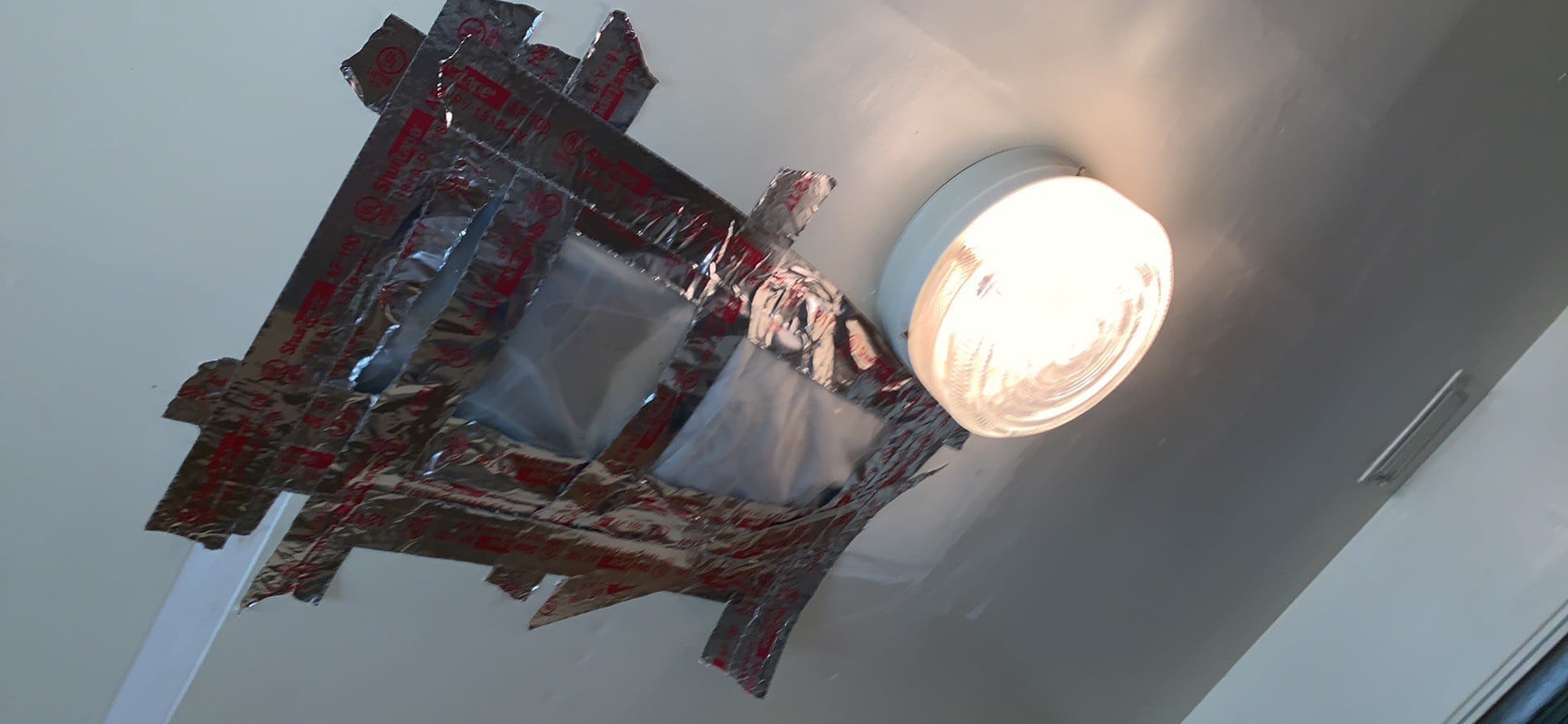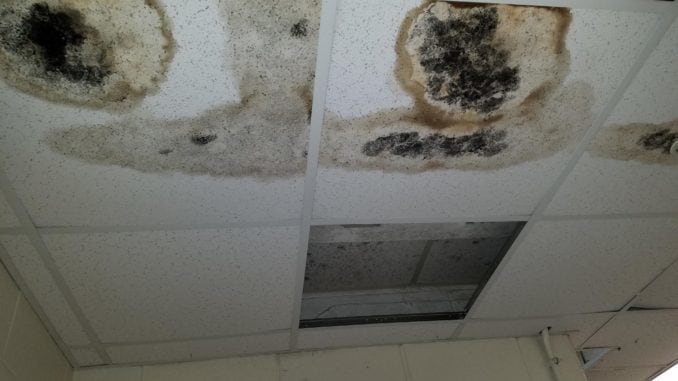In the wake of families’ complaints about mold, vermin and other problems with some military housing, and possible related health effects, the Army Medical Command has established a new housing health registry and hotline that will be manned 24 hours a day, seven days a week.
And this is part of a broader initiative that will result in a tool that will allow military families to search a database, by Army housing property, to find out about potential exposure and adverse health impacts.
The hotline and registry is aimed at addressing the health or safety concerns of former and current residents and helping them get access to medical care for any housing-related illnesses.
Information was not immediately available about whether the other services are also establishing similar registries.
"Great 1st step, but joint service registry would be best. We’ll watch how connection to health care will work,” tweeted Joyce Raezer, executive director of the National Military Family Association, on Tuesday.
However, those who serve in other branches of service, but live or have lived in Army housing can call the Army hotline for assistance and to provide information for the registry. It will provide a two-way exchange of information for all potential enrollees.
“We want to hear all concerns so we can make sure they are properly addressed,”said John Resta, director of the U.S. Army Public Health Center and acting deputy chief of staff of Public Health for the Army Medical Command, in an announcement about the hotline.
A team of trained professionals will document the caller’s concerns and assist them with access to medical care if needed, said Resta. They can also refer any housing related concerns to the appropriate installation Department of Public Works, he said.
RELATED

The staff members will also provide current and former residents of Army housing with information on environmental health hazards.
The toll-free hotline/registry number is 800-984-8523.
Other registry numbers:
Overseas: DSN (312) 421-3700
Stateside: DSN 421-3700
Stateside Commercial: 210-295-3700
Calls to the toll-free and commercial numbers confirmed that staff members answer the phones immediately.
A timeline for launching this digital application for a searchable database has not yet been determined, said Doug Holl, spokesman for the Army Public Health Center.
It’s the third phase of a broad initiative to establish the fully integrated registry of Army housing properties and environmental health assessments, Holl said.
In the second phase, officials will compile the information about the housing inventory and associated environmental health hazards and enter it into the DoD Enterprise Military Housing system. Housing environmental health exposure data will be entered into the Defense Occupational and Environmental Health Readiness System.
“The registry was created as an Army initiative directed by Vice Army Chief of Staff Gen. James C. McConville and seen as an additional opportunity to engage in a dialogue with our Army family and better understand their housing concerns,” Holl said.
“This registry is currently available to anyone and provides an opportunity to pursue further information and support regarding any health or safety concern that may not have been fully addressed,” stated Army Surgeon General Lt. Gen. Nadja West, in a letter to housing residents.
The third phase will result in a solution for understanding the health effects of potential environmental hazards found in housing; assess future needs for health interventions and health education; and inform the individuals about potential exposure and adverse health impacts, Holl said.
Darlena Brown, an Army wife who says her son, now almost 9, still suffers from the effects of lead poisoning in Army housing, said the hotline and registry are a step in the right direction.
She and other military families and family advocates have questioned whether officials were tracking and treating the health issues that are linked to their military housing.
DoD is collecting data on the health effects, said Dr. Terry Adirim, deputy assistant secretary of defense for health services policy and oversight, during a March 19 meeting of the DoD Military Family Readiness Council.
The issue is important not just to the families with health issues they believe are connected to their current base housing, but also to those who lived in those houses previously, said Karen Ruedisueli, deputy government relations director for the National Military family Association, at the council meeting.
The Army Public Health Center provides continuously updated online health information and resources on mold and lead for service members, families, civilians, contractors and health care providers. The website, https://phc.amedd.army.mil/topics/campaigns/housing/Pages/HEHRR.aspx also has information about the registry.
Karen has covered military families, quality of life and consumer issues for Military Times for more than 30 years, and is co-author of a chapter on media coverage of military families in the book "A Battle Plan for Supporting Military Families." She previously worked for newspapers in Guam, Norfolk, Jacksonville, Fla., and Athens, Ga.





